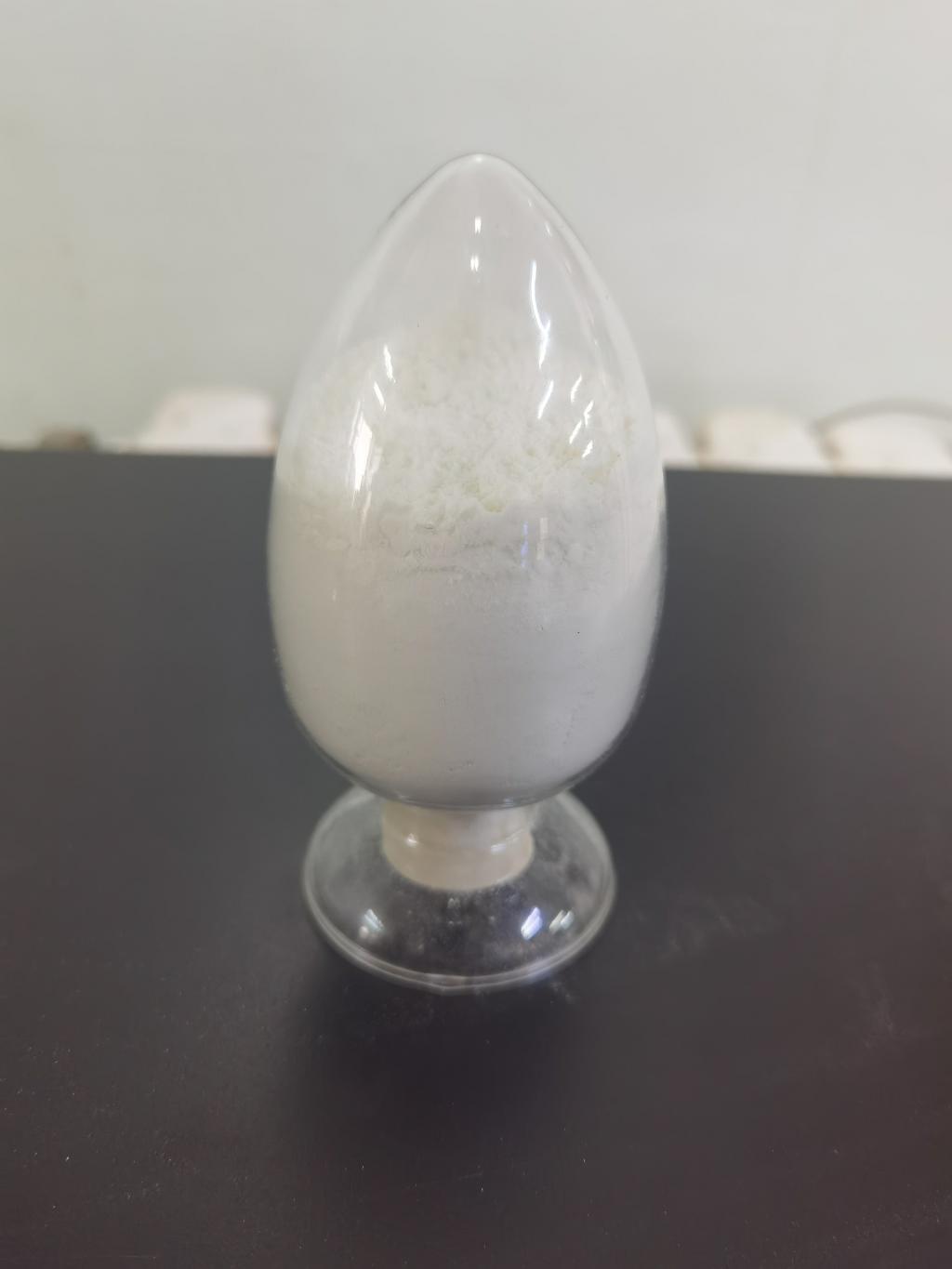Tel:+8618231198596

News
 CONTACT
CONTACT
 CONTACT
CONTACT
- Linkman:Linda Yao
- Tel: +8618231198596
- Email:linda.yao@dcpharma.cn
- Linkman:CHARLES.WANG
- Department:Overseas
- Tel: 0086 0311-85537378 0086 0311-85539701
News
ε-Polylysine hydrochloride remains a promising solution for enhancing product safety.
TIME:2024-04-28
Consumer Preferences for Natural and Sustainable Products:
Consumer preferences for natural and sustainable products stem from a desire for healthier, environmentally friendly, and ethically produced goods. Factors driving this trend include concerns about synthetic chemicals, environmental degradation, animal welfare, and social responsibility. As a result, consumers are increasingly seeking products that are minimally processed, free from artificial additives, and produced using sustainable practices. This shift in consumer behavior has prompted businesses to adapt their offerings and prioritize natural and sustainable ingredients in their formulations.
The Promise of ε-Polylysine Hydrochloride:
ε-Polylysine hydrochloride, a naturally occurring antimicrobial peptide, aligns with consumer preferences for natural and sustainable products while addressing key concerns related to product safety and quality. Derived from microbial fermentation, ε-Polylysine hydrochloride offers several advantages:
Natural Origin: ε-Polylysine hydrochloride is produced through fermentation of microbial strains, making it a natural and biodegradable compound. Its origin from renewable sources contributes to its appeal as a sustainable ingredient.
Antimicrobial Properties: ε-Polylysine hydrochloride exhibits potent antimicrobial activity against a broad spectrum of bacteria, fungi, and viruses. By inhibiting microbial growth, it helps extend the shelf life of products and reduce the risk of contamination.
Safety Profile: ε-Polylysine hydrochloride has a favorable safety profile, with low toxicity to humans and animals. It is generally recognized as safe (GRAS) for use in food and pharmaceutical applications, further enhancing its appeal to consumers.
Minimal Environmental Impact: ε-Polylysine hydrochloride is biodegradable and environmentally compatible, minimizing its impact on ecosystems and natural resources. Its use in product formulations supports efforts to reduce chemical residues and environmental pollution.
Applications in Various Product Categories:
Food and Beverages: In the food industry, ε-Polylysine hydrochloride is used as a natural preservative to extend the shelf life of perishable products, such as meats, dairy, bakery items, and beverages. Its antimicrobial properties help inhibit spoilage microorganisms and maintain product freshness without the need for synthetic preservatives.
Cosmetics and Personal Care Products: In cosmetics and personal care products, ε-Polylysine hydrochloride serves as a natural antimicrobial agent, helping prevent microbial contamination and spoilage. It is commonly used in skincare formulations, hair care products, and oral hygiene products to ensure product safety and stability.
Pharmaceuticals and Healthcare Products: In pharmaceuticals and healthcare products, ε-Polylysine hydrochloride contributes to product safety by inhibiting microbial growth and ensuring microbiological stability. It is used in topical formulations, oral medications, and medical devices to minimize the risk of infections and maintain product efficacy.
Regulatory Considerations and Compliance:
Regulatory authorities, such as the Food and Drug Administration (FDA) in the United States and the European Medicines Agency (EMA) in the European Union, oversee the safety and compliance of products containing ε-Polylysine hydrochloride. Manufacturers are responsible for ensuring that their products meet regulatory requirements, including safety assessments, labeling standards, and maximum usage levels. By adhering to regulatory guidelines, businesses can demonstrate the safety and quality of their products to consumers and gain their trust and confidence.
Future Perspectives and Conclusion:
As consumer demand for natural and sustainable products continues to grow, ε-Polylysine hydrochloride remains a promising solution for enhancing product safety and quality across various industries. Its natural origin, antimicrobial properties, and minimal environmental impact make it well-suited for use in a wide range of formulations, from food and beverages to cosmetics and pharmaceuticals. By incorporating ε-Polylysine hydrochloride into their products, businesses can meet consumer expectations for natural and sustainable ingredients while ensuring product safety, efficacy, and longevity. As research and innovation in this field progress, ε-Polylysine hydrochloride is poised to play an increasingly important role in shaping the future of consumer goods and promoting a healthier, more sustainable world.
- Tel:+8618231198596
- Whatsapp:18231198596
- Chat With Skype







